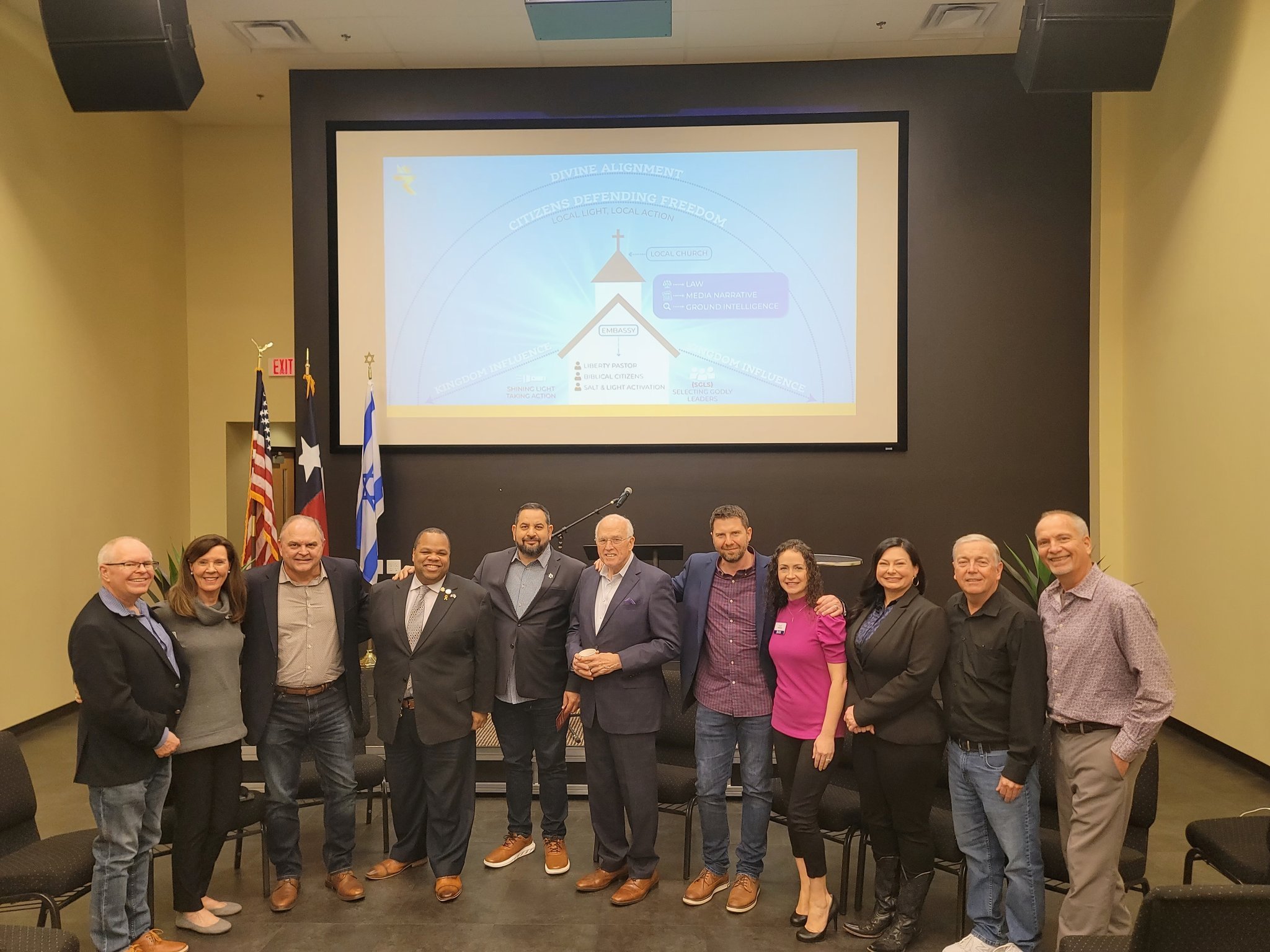ustxtxb_obs_1999_04_02_50_00016-00000_000.pdf
Page 20
FEATURE Pedagogy of the Organized BY GEOFF RIPS 1 f you’re looking for the heart of the Southwest Industrial Areas Foundation network, you’ll find an absolute commitment to teaching and learning. The network’s founding organizer, Ernesto Cortes, Jr., once almost got himself a Ph.D., and he’s envisioned the I.A.F. network as a people’s university ever since. Find yourself boarding a plane with Ernie, and you will not only be asked to carry a bag of books, you’ll be grilled about what you’re reading and told about what you might consider reading. The organizers and leaders are always reading and meeting to talk about what they’re reading be it Greek history, Dostoevski, or Hannah run by one of the I.A.F. network’s community organizations, and you won’t be able to leave until several leaders and organizers have asked what you thought about what you’d seen. Was Socrates in the house? Become a leader of one of these organizations, and you’ll be involved in the organization’s dialectics of teaching and learning as they occur in conversations the group’s legendary “one-onones” and the extended conversations of house meetings. You tell your own story, teaching a piece of the story of your life. But at the same time, you are listening to yourself reconstruct your own experience in a new way, in relationship to another person or the handful of people in a house meeting. And you are also learning from their stories and teaching as you react to their stories. That is the root, the nut, the kernel of the I.A.F. experience. So it is not surprising that eventually these conversations, these house meetings, have led to the subject of education. Out of the tens of thousands of house meetings that have taken place in mostly lowincome communities and congregations of Texas, a critical mass of disgruntlement, of frustration, of anger over the education of the children of these communities percolated its way into the public conversations of the I.A.F. organizations. It began in Fort Worth in the mid-eighties, at Morningside Middle School, when leaders of the I.A.F. organization Allied Communities of Tarrant began talking to the principal and teachers about reforming the low-performing middle school some of their children attended. By adapting the same organizing processes they’d used successfully in addressing such public infrastructure problems as drainage and crime, the I.A.F. organizations began to address problems of educational infrastructure bringing parents, teachers and principals into the same room to talk about their aspirations and needs. What happened? These people learned from each other. They also learned that together they could develop strategies that would have a positive impact on their children’s education bringing parents into the education process, building pride in a school, raising expectations for students, teachers, principals, parents, and school districts, providing school-wide support for innovative education practices. And in the process, they’ve taught state and school officials a few things at least those willing to learn. They’ve learned that parents with little formal education can play pivotal roles in their children’s academic success. They’ve seen that the 112 Affiance schools have improved their TAAS scores at twice the rate of other Texas schools. Some officials may even admit they now see that shared decisionmaking will not destroy the Empire of Education, but may instead be a crucial building-block for the future of public education. Some have also learned that the answer for schools in low-income areas is not to abandon them by offering vouchers to their students, but to support their efforts to build communities in the schools. nd it’s important to keep teaching and learning. So, on February 28 and March 1, 1,200 parents, teachers, principals and community members met in Austin. They were there to exchange stories with each other and with eminent educators there to provide a teaching moment for legislators and Texas Education Commissioner Mike Moses. On a beautiful Sunday afternoon, busloads of Alliance school leaders arrived at Austin’s Palmer Auditorium from all over the state. They heard Frank Levy, an economist from M.I.T., talk about the dangers of America’s widening income gap, saying that we are now at the end of the free-market era U.T.-AUSTIN’S RAY MARSHALL TOLD \(which followed the THE CONFEREES THAT EDUCATION IS A Keynesian, governNECESSARY BUT NOT SUFFICIENT CONment intervention DITION FOR REPAIRING THE ECONOMY: YOU ALSO NEED TO ORGANIZE. point, a rising tide lifts only those boats transporting a good education. U.T.Austin’s Ray Marshall told the conferees that education is a necessary but not sufficient condition for repairing the economy: you also need to organize. James Comer, director of the Yale Child Study Center and author of School Power, pioneered the notion in New Haven urban schools that parents in low-income communities are vital to the academic performance of their children. Corner told the convention that, when he was growing up, all the adults around him were locked in a conspiracy of support to make sure he got through school. But changes in our economy have worked against the continuation of such conspiracies, requiring more from education, and putting greater economic pressure on low-income communities. Corner argued that you have to organize parents and schools to recreate this conspiracy for every child. Finally, Richard Murnane of the Harvard Graduate School of Education, and co-author with Frank Levy of Teaching the New Basic Skills: Principles for Edu 16 THE TEXAS OBSERVER APRIL 2, 1999 11,” 1. .nn


